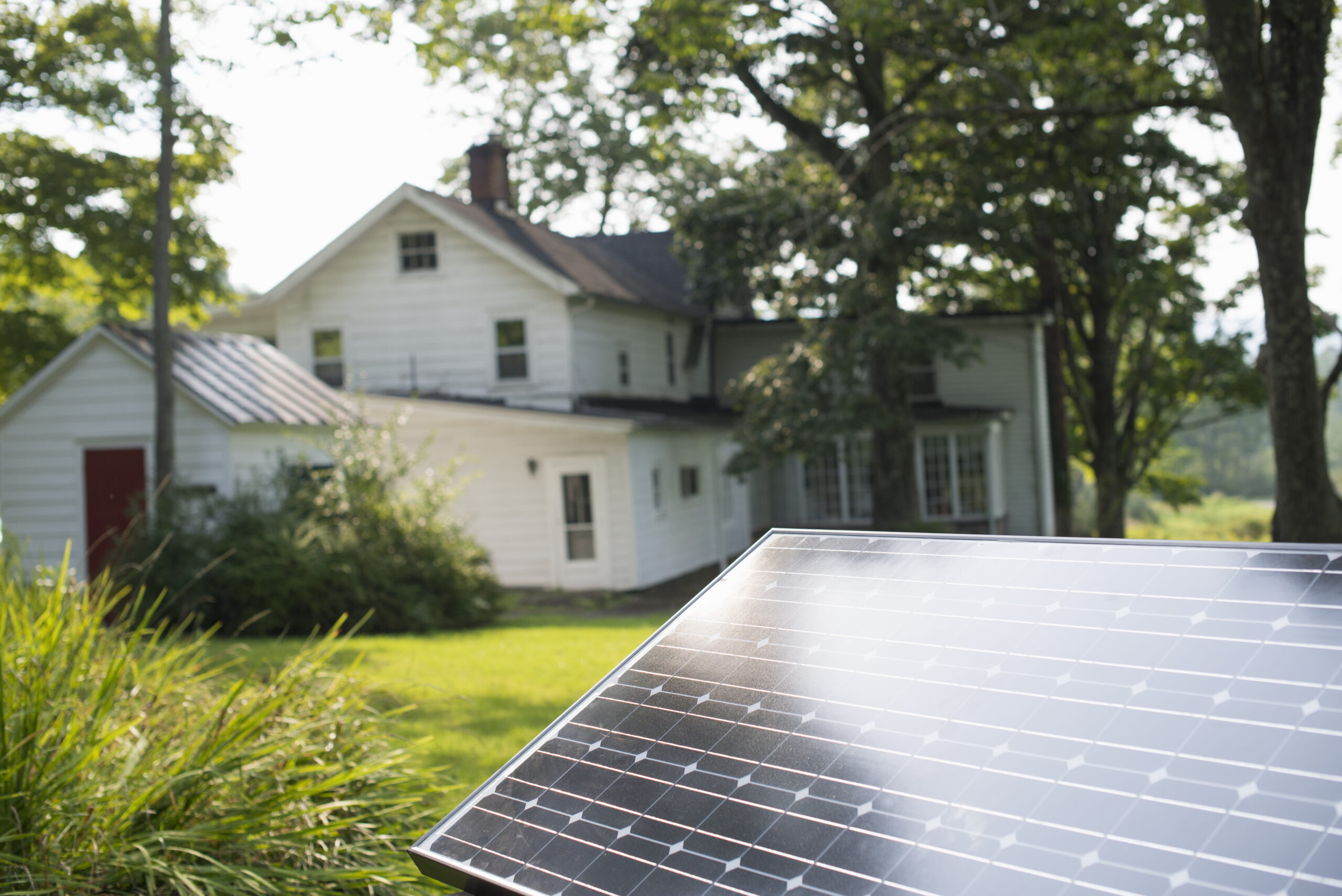
Government Incentives in Pennsylvania for Solar Panels: A Complete Guide
As the world moves towards sustainable energy, solar power is emerging as a widespread, accessible solution to green energy. Pennsylvania is no exception, with numerous government incentives encouraging homeowners and businesses to invest in solar panels. This guide explores the various government incentives available in Pennsylvania, helping you understand how you can benefit from them and contribute to a greener future.
Why Go Solar in Pennsylvania?
Switching to solar power offers numerous benefits, including environmental impact, cost savings, and energy independence. Most importantly, solar energy reduces your carbon footprint which helps contribute to a cleaner environment. Using solar power also reduces reliance on fossil fuels and traditional energy sources like coal. Over time, solar panels can significantly reduce or even eliminate your electricity bills. To support the adoption of solar energy, Pennsylvania offers several incentives to make the transition more affordable.
Federal Solar Investment Tax Credit (ITC)
Before diving into state-specific incentives, it’s essential to understand the federal Solar Investment Tax Credit (ITC). This credit allows you to deduct a significant percentage of the cost of installing a solar energy system from your federal taxes. For systems installed in 2024, the ITC provides a 26% tax credit. This incentive applies to residential and commercial solar installations and is a substantial financial benefit for those considering solar energy.
Pennsylvania Alternative Energy Portfolio Standards (AEPS) Act
The Pennsylvania Alternative Energy Portfolio Standards (AEPS) Act, mandates that a certain percentage of the state’s electricity must come from renewable and alternative energy sources. This groundbreaking legislation aims to diversify Pennsylvania’s energy portfolio, reduce dependence on fossil fuels, and promote cleaner, sustainable energy. Under the AEPS Act, electric utilities are required to purchase a specified amount of their energy from renewable sources such as solar, wind, and biomass. This not only helps to foster the growth of the renewable energy sector but also drives down costs for consumers over time.
Pennsylvania Solar Renewable Energy Certificates (SRECs)
One of the most lucrative government incentives in Pennsylvania is the Solar Renewable Energy Certificates (SRECs) program. For every megawatt-hour (MWh) of electricity your solar system generates, you earn one SREC. You can sell these certificates to utility companies, which are required to purchase a certain number of SRECs annually to meet state-mandated renewable energy targets. The SREC market can provide a significant income stream, helping to offset the initial cost of your solar panel installation.
Net Metering
Pennsylvania’s net metering policy allows homeowners and businesses with solar panels to sell excess electricity back to the grid. When your solar panels produce more electricity than you use, the surplus is sent to the grid. You receive credits on your utility bill for this excess power. These credits can offset the cost of the electricity you draw from the grid when your solar panels aren’t producing enough energy, such as during the night or on cloudy days. Net metering ensures that you maximize the financial benefits of your solar investment by reducing your overall energy costs.
Property Tax Exemption for Solar Systems
In Pennsylvania, solar energy systems are exempt from property tax assessments. Installing solar panels will not increase your property tax bill, even though the system may increase your home’s market value. This exemption provides additional financial relief, making solar investments more attractive.
Pennsylvania Sunshine Solar Program
Although the Pennsylvania Sunshine Solar Program has been fully allocated and is no longer accepting new applications, it’s worth mentioning for historical context. This program offered rebates to homeowners and small businesses that installed solar photovoltaic (PV) and solar thermal systems. While it’s currently inactive, similar programs could be introduced in the future as the state continues to support renewable energy initiatives.
Investing in solar panels in Pennsylvania is a smart move for both your wallet and the environment. With a variety of government incentives available, the transition to solar energy is more accessible than ever. By taking advantage of federal tax credits, SRECs, net metering, and other state-specific incentives, you can significantly reduce the cost of your solar installation and enjoy long-term savings on your energy bills. If you’re ready to go solar, contact O’Donnell Solar Co.
Contact Us
Ready to make the switch to solar energy? Contact O’Donnell Solar Co. today for a free consultation.
Embrace a sustainable future with O’Donnell Solar Co., the leading solar installer in Devon, PA.




